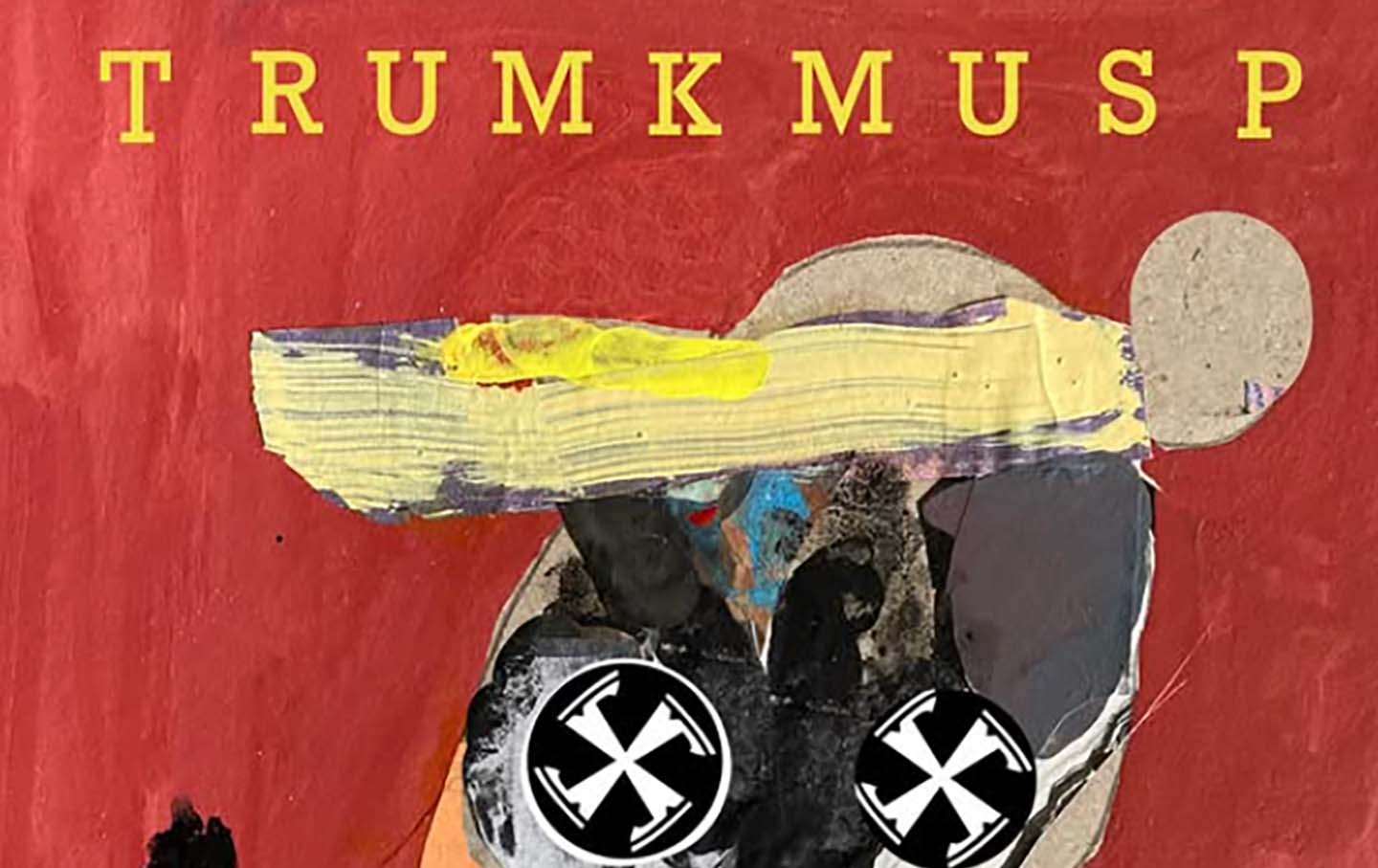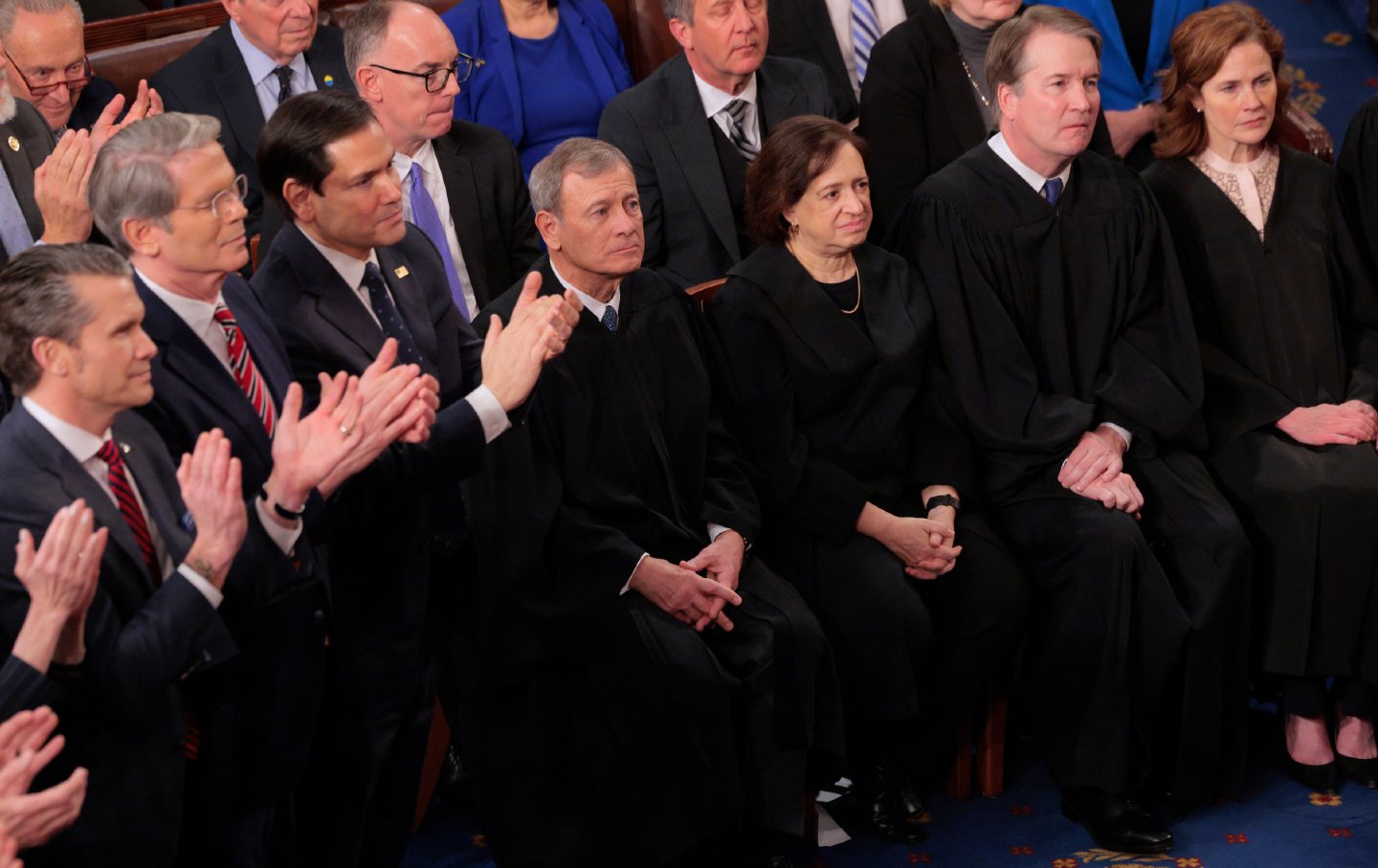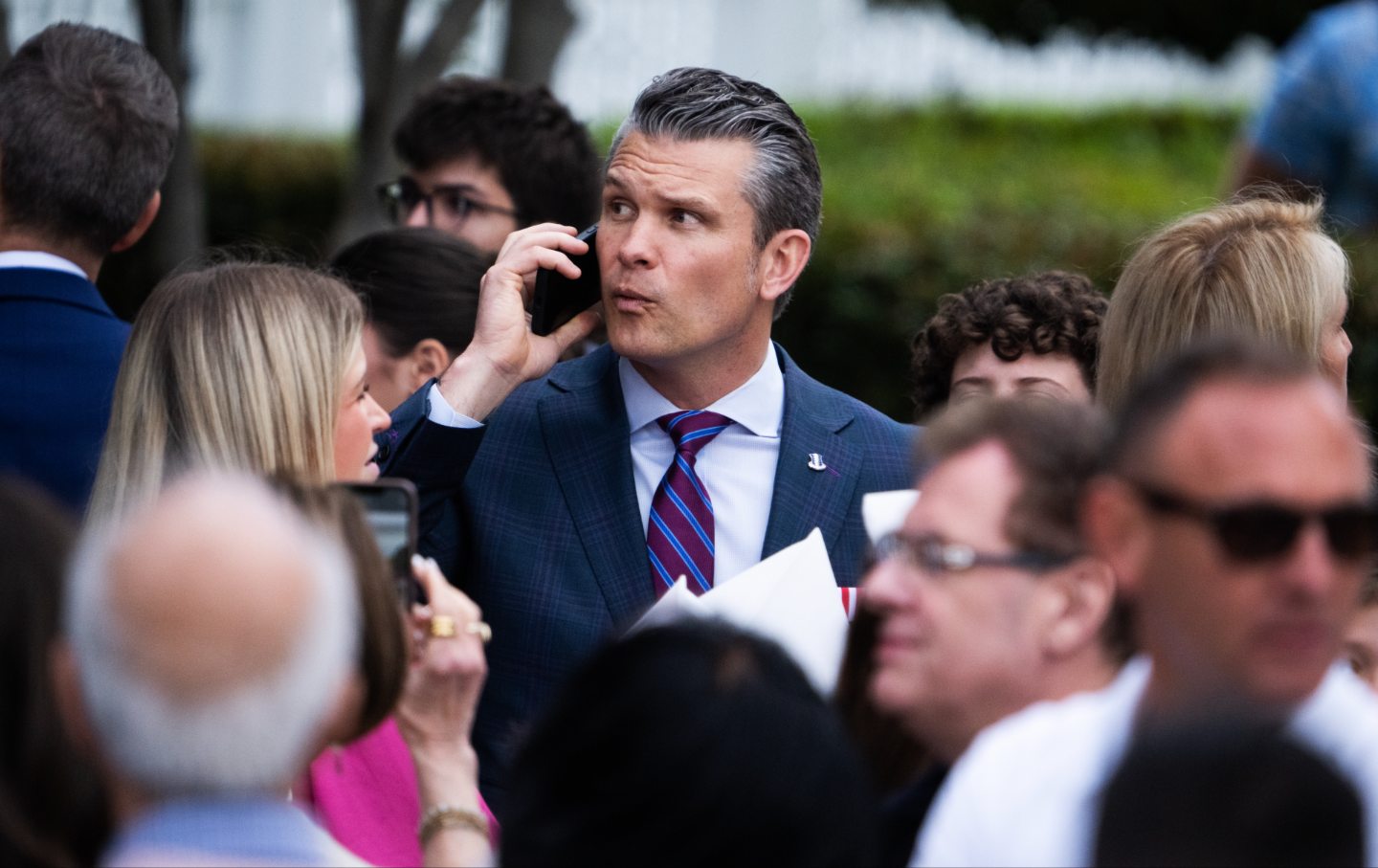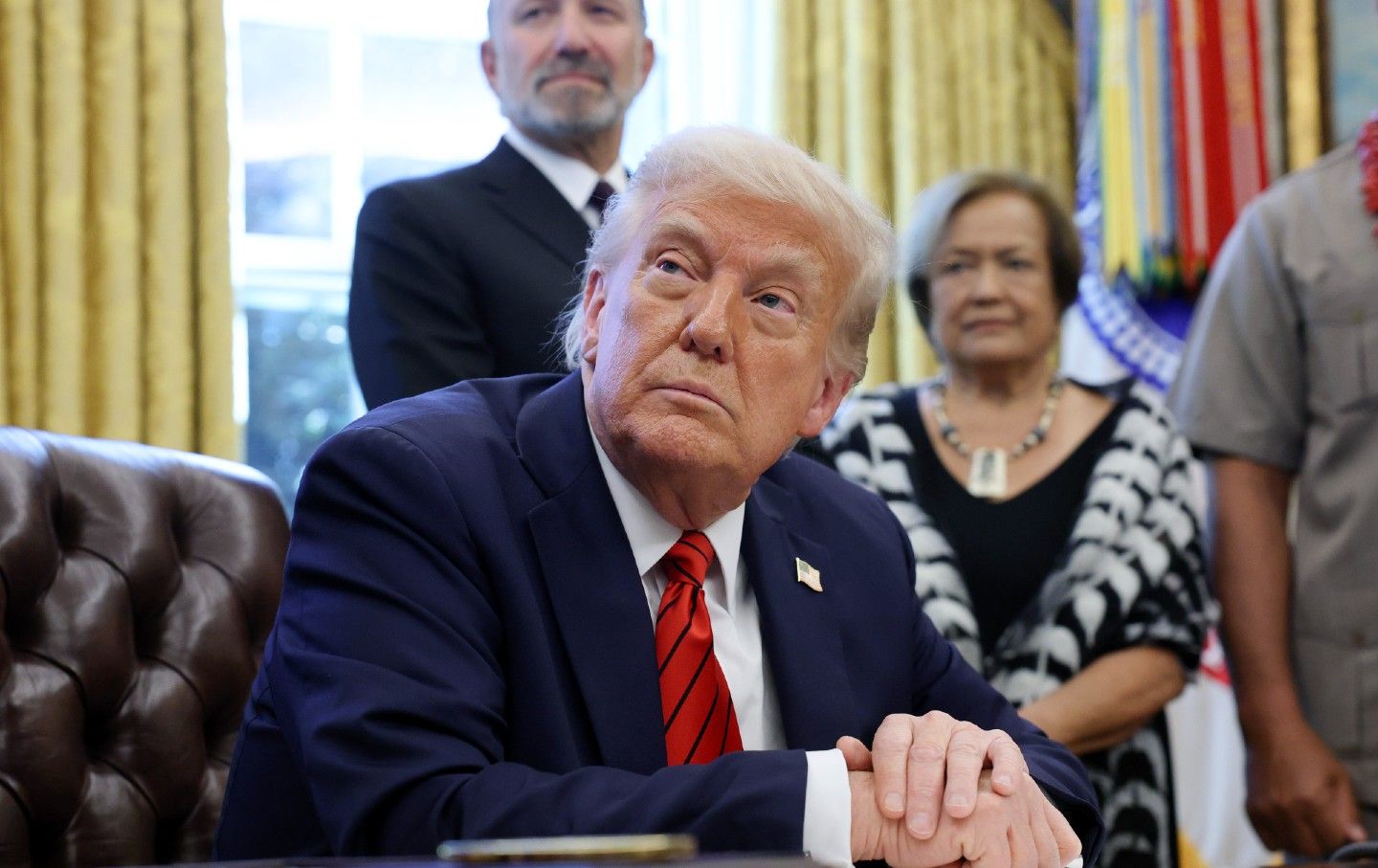Calling Trump a Fascist Is Well Overdue. Why Did It Take So Long?
Finally, the warnings are coming loud and fast. Will they matter this late in the day?
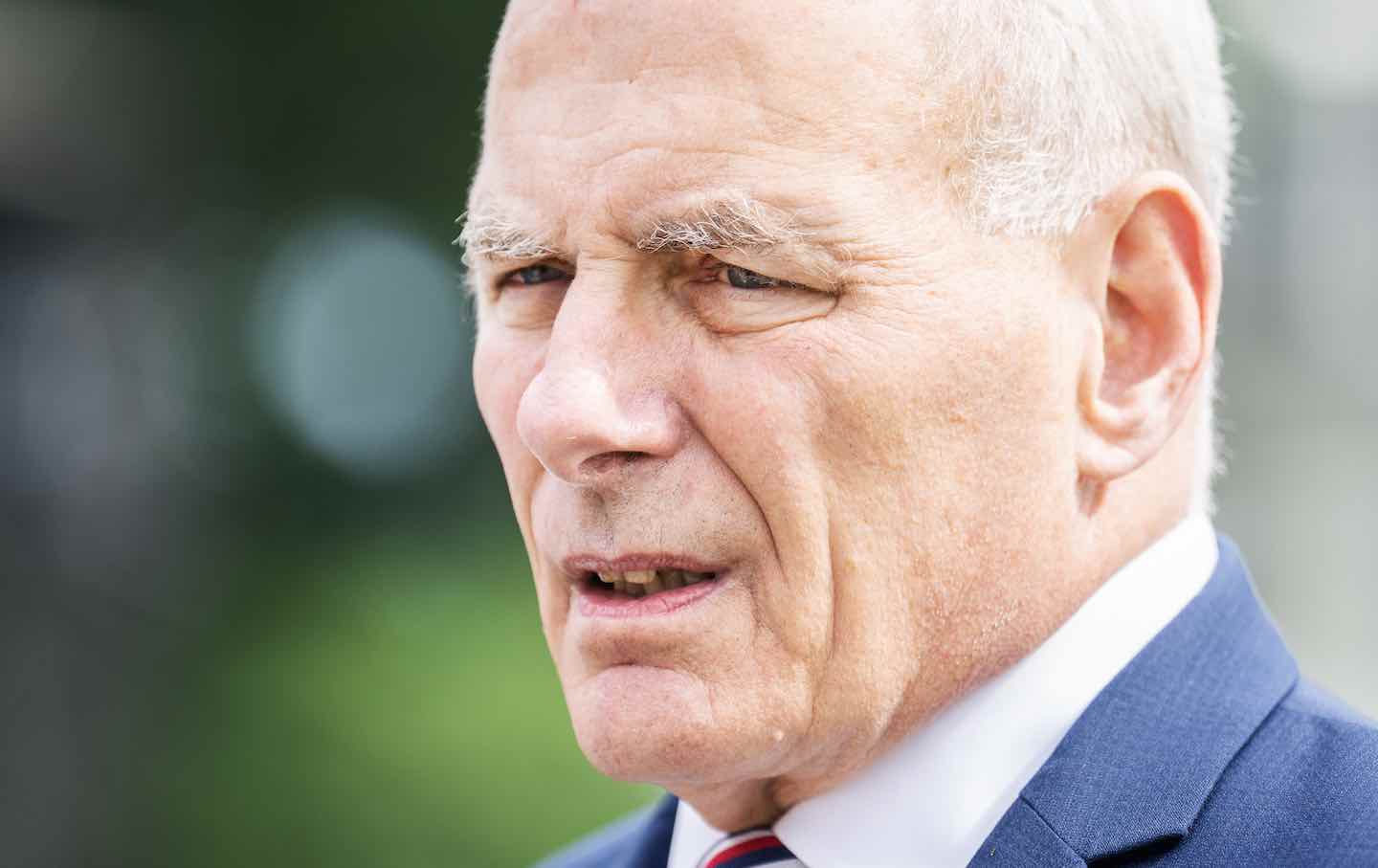
Retired Marine Gen. John Kelly, former White House chief of staff for President Donald Trump, said in a recent interview with The New York Times that Trump meets the textbook definition of a fascist.
(Tom Williams / CQ Roll Call)
Election Day is 11 days away and, as I wrote last week, finally everyone from ex–chairman of the Joint Chiefs of Staff Gen. Mark Milley to Trump’s former chief of staff John Kelly, from Democratic presidential nominee Kamala Harris and vice-presidential nominee Tim Walz to President Joe Biden himself, are announcing that Trump is a fascist.
Again, better late than never. But the question is, why on Earth did it take so long for the political mainstream to come around to this point of view? And why were those who labeled him fascist years ago too often dismissed as hyperbolic?
Surely, when Kelly was listening to Trump praise Hitler in 2017, the thought must have crossed his mind that his boss was shaded a tad Blackshirt. Surely, when Trump discussed with his generals his desire to unleash the military on protesters, high-ranking leaders such as Milley must have at least pondered the notion that Trump was a tad deficient in his understanding of democracy. Surely, after the attempted coup of January 6, when Trump stood in solidarity with his supporters who chanted “hang Mike Pence,” before they headed to the Capitol and ransacked the congressional buildings, President-elect Biden must have had an inkling that Trump was more than a power-crazed old man—that he was, in fact, intent on pulverizing American democracy.
It’s not as if Donald Trump were hiding any of this. In 2017, when he announced that the United States was withdrawing from the Paris climate accords, I wrote a long article in The Nation detailing phrase after phrase that Trump had purloined from some of Hitler’s wartime speeches. One doesn’t somehow accidentally stumble into the toxic terrain of Hitlerian oratory.
There was nothing even remotely ambiguous about Trump’s praising of some of the Charlottesville neo-Nazis as “very fine people.” There was nothing ambiguous about his oft-repeated statements about wanting to unleash bloodshed against undocumented immigrants as a deterrent to prevent others from entering the country. There was nothing ambiguous about his family separation policy, and his ordering that children of the undocumented be held in facilities that were essentially cages. There was nothing ambiguous in his oft-repeated desire to establish a vast network of military camps to house millions of immigrants before they were deported. There was nothing ambiguous about his telling the paramilitary Proud Boys to “Stand back and stand by” at a 2020 presidential debate.
Sane-wash this all you like, and you’re still left with policies and statements that are utterly fascist in design and in intent.
European fascists knew this. I remember being in Denmark in the summer of 2016, where I was working on a story about European reactions to the wave of migration triggered by the Syrian civil war. During the course of my reporting, I interviewed a leading Danish fascist, whose party platform on immigration was being partially co-opted by the center-right coalition governing Denmark. What did he think of Trump and the raft of anti-immigrant policies he was to hoping implement should he be elected?, I asked him. He laughed and told me that Trump’s policies were too extreme even for the Danish fascist party.
Anyone who spent time studying Trump’s speeches, his mannerisms, his incitement of his crowds during the awful years, from 2015 to January 2021, of his candidacy and then presidency, knew that Trump was a fascist. That he was constrained not by any inherent moral limits emanating from within but by legal and political guardrails that, while stretched to breaking point, ultimately held. Take away those guardrails, and you are left with a man who believed that his power was, and should be, unfettered; that, as with the Führerprinzip, those in government owed him a personal loyalty oath; and that there was no functional difference between the state and the individual who had executive power over the state.
So why on Earth did it take until now for all these people with the power to shift public perception to come out and say what should have been said eight years ago?
Perhaps it’s human nature. We all fall prey to normalcy bias, which in this case leads to an assumption that the basic values and political parameters that define American democracy will always hold—that even a man of Trump’s manifest coarseness and brutality will, when push comes to shove, play by the rules. But of course, that’s not true. Just as it wasn’t true in a collapsing Weimar Republic in 1932.
There are 11 days to go. Eleven days to drive home the message that democracies wither when publics lose faith in their underlying narrative, and when demagogues arise to exploit the political chaos.
If there were a democracy Doomsday clock ticking away, I’d say we are pretty close to midnight right about now. Finally, the warnings are coming loud and fast. Will they matter this late in the day?
It’s hard to know. But if there are still people of good conscience out there who have somehow made their peace with the idea of supporting Trump, Kelly’s extraordinary public intervention this week, and Milley’s last week, ought to give them reason to abandon their foul candidate before he inflicts what could be irreversible carnage on the country’s fragile democratic institutions.
Hold the powerful to account by supporting The Nation
The chaos and cruelty of the Trump administration reaches new lows each week.
Trump’s catastrophic “Liberation Day” has wreaked havoc on the world economy and set up yet another constitutional crisis at home. Plainclothes officers continue to abduct university students off the streets. So-called “enemy aliens” are flown abroad to a mega prison against the orders of the courts. And Signalgate promises to be the first of many incompetence scandals that expose the brutal violence at the core of the American empire.
At a time when elite universities, powerful law firms, and influential media outlets are capitulating to Trump’s intimidation, The Nation is more determined than ever before to hold the powerful to account.
In just the last month, we’ve published reporting on how Trump outsources his mass deportation agenda to other countries, exposed the administration’s appeal to obscure laws to carry out its repressive agenda, and amplified the voices of brave student activists targeted by universities.
We also continue to tell the stories of those who fight back against Trump and Musk, whether on the streets in growing protest movements, in town halls across the country, or in critical state elections—like Wisconsin’s recent state Supreme Court race—that provide a model for resisting Trumpism and prove that Musk can’t buy our democracy.
This is the journalism that matters in 2025. But we can’t do this without you. As a reader-supported publication, we rely on the support of generous donors. Please, help make our essential independent journalism possible with a donation today.
In solidarity,
The Editors
The Nation

